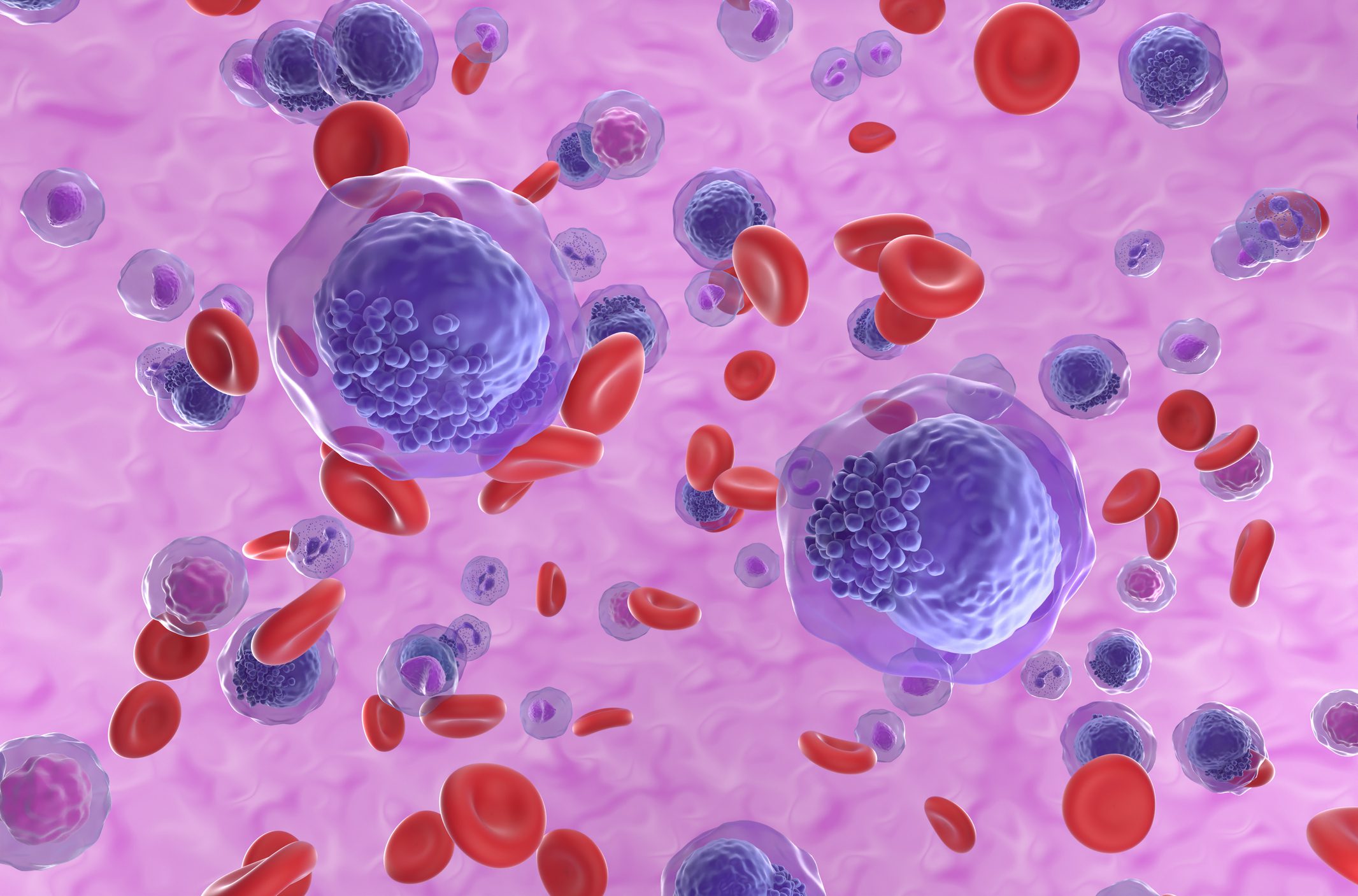Acute myeloid leukemia (AML) remains one of the greatest challenges in hematology. Despite established chemotherapy protocols, the prognosis for many patients remains unfavorable. In recent years, however, new molecular classifications, refined risk stratification and the use of targeted substances have decisively changed treatment. The current overview summarizes the most important diagnostic, prognostic and therapeutic developments and provides oncologists with an evidence-based foundation for clinical practice in 2025.
Autoren
- Tanja Schliebe
Publikation
- InFo ONKOLOGIE & HÄMATOLOGIE
Related Topics
You May Also Like
- Important basics and studies on cancer and the psyche
Interplay between cancer and mental illness
- From symptom to diagnosis
Abdominal pain – angiosarcoma
- Pediatric epilepsy
Diazepam nasal spray for infants
- Findings from research on the generalization of exposure therapy
Treatment of comorbid anxiety
- Symptom-free despite asthma?
Asthma treatment requirements have increased
- Phytotherapy for rhinosinusitis
Evidence, active substances and clinical classification for medical practice
- Pulmonary hypertension
PH and lung diseases
- Contact eczema











